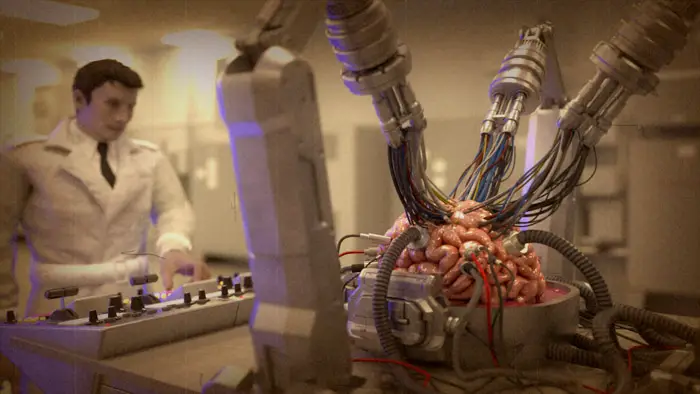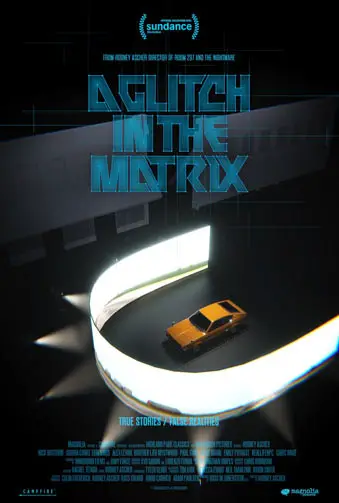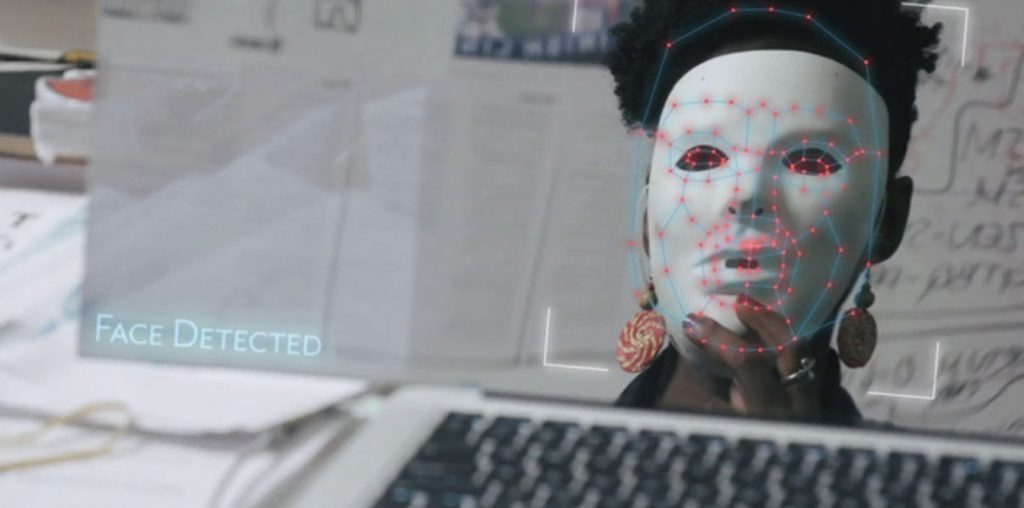
NEW TO HULU! A Glitch in the Matrix explores simulation theory, which is the notion that we could be living in a sophisticated computer simulation. While the suspicion that reality is an illusion goes all the way back to ancient Greek philosophy, it has been given contemporary stage time by Elon Musk, Neil Degrasse Tyson, and other influencers.
Science and academia, in general, didn’t see the value in simulation theory until theoretical physicists attempted what they believed would be the simple task of disproving it. When it turned out that it was, in fact, a difficult challenge to prove the existence of a shared objective reality mathematically, then the idea really took off. Mathematicians and physicists are now extremely interested in the question, and it has been a goal for some time to create an experiment or mathematical proof that shows definitively that we are not living inside a computer simulation of some type.

Courtesy of Sundance Institute.
“…explores simulation theory, which is the notion that we could be living in a sophisticated computer simulation.”
Director Rodney Ascher uses a 1977 speech by renowned Science Fiction author Philip K. Dick as the central foundation for his documentary. The address is entitled If You Find This World Bad, You Should See Some of the Others. In the opening of the speech, Dick expresses himself in classic PKD form, which is always way out there:
“The subject of this speech is a topic which has been discovered recently, and which may not exist at all. I may be talking about something that does not exist. Therefore I’m free to say everything and nothing. I, in my stories and novels, sometimes write about counterfeit worlds. Semi-real worlds as well as deranged private worlds, inhabited often by just one person…. At no time did I have a theoretical or conscious explanation for my preoccupation with these pluriform pseudo-worlds, but now I think I understand. What I was sensing was the manifold of partially actualized realities lying tangent to what evidently is the most actualized one—the one that the majority of us, by consensus gentium, agree on.”
This is a fascinating thesis, and the case he makes for it is compelling in that it speaks to a desire to believe in something. Humans have been looking for deeper meaning since we could grasp the concept. Early people wanted the sun to be their reliable deity in the sky. It’s important to note, however, that Dick was a diagnosed schizophrenic who indulged in psychoactive drugs. This arguably made him a brilliantly creative writer, but I’m not sure he’s the perfect starting point for an overall discussion of simulation theory. Dick struggled with objective reality on an average Monday morning. That’s a different kind of parallel universe than a simulation.

"…the suspicion that reality is an illusion goes all the way back to ancient Greek philosophy..."


